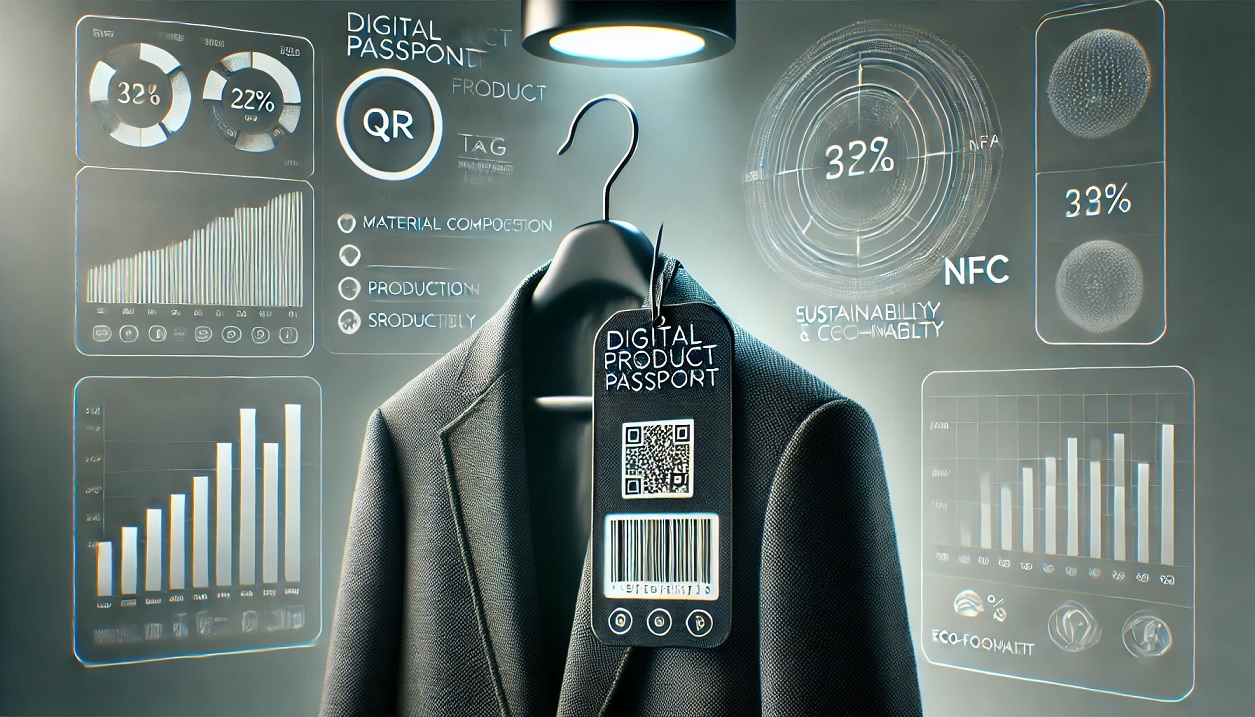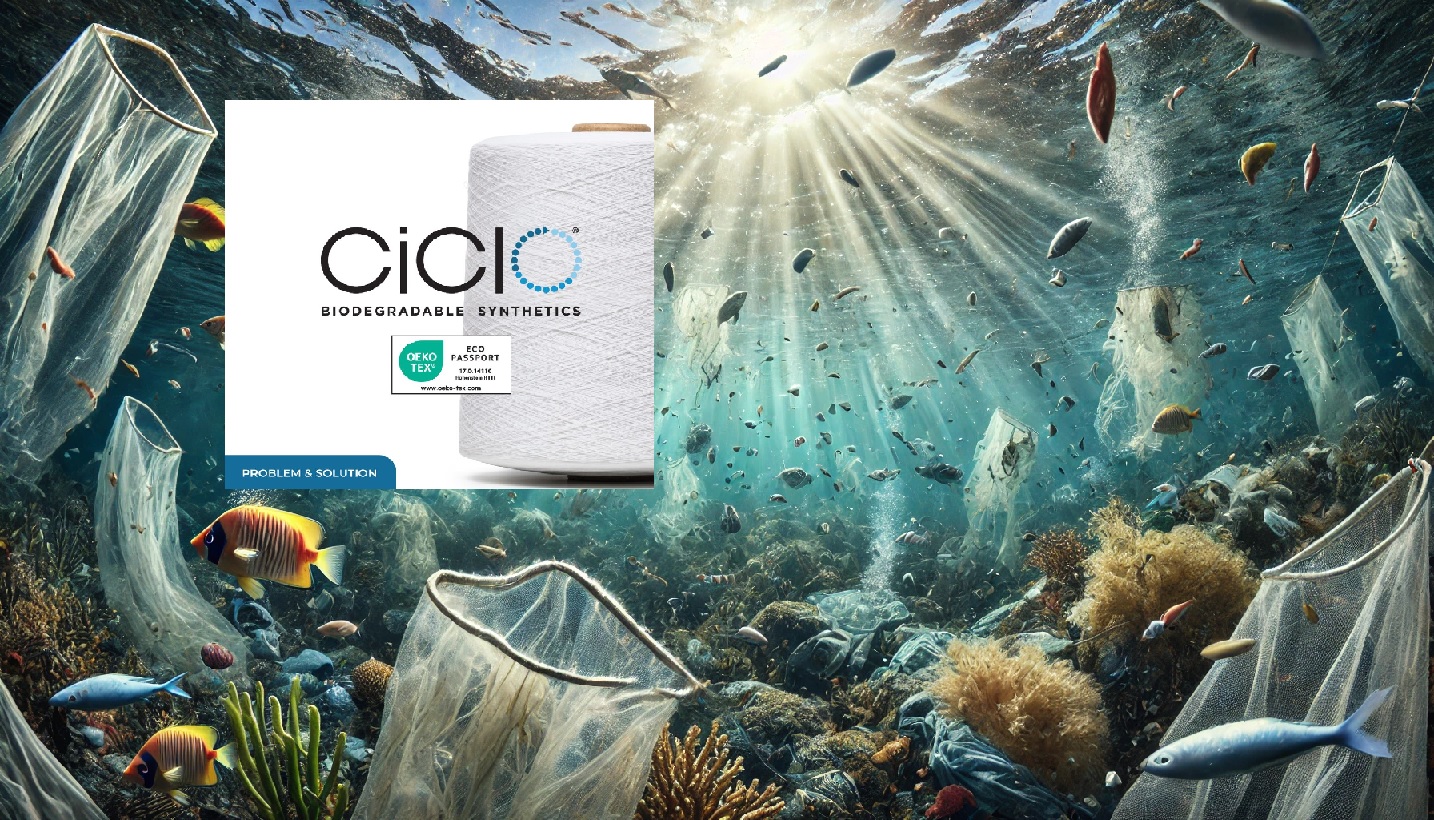Fashion is an industry plagued by waste. Polyester, a staple material, poses significant environmental challenges. Traditional recycling methods are energy-intensive and costly. CuRe Technology offers a solution: a method to chemically recycle polyester efficiently and affordably, reducing carbon footprint by 88%. But how can we make this vision a reality?
The Problem with Polyester
Polyester is ubiquitous in fashion due to its durability and versatility. However, it contributes to microplastic pollution and landfill waste. Traditional recycling methods often degrade the quality, making it less sustainable. The fashion industry needs a scalable, low-impact solution.
The Environmental and Economic Costs
Polyester’s popularity comes at a high cost. It requires significant energy and resources to produce, and improper disposal leads to environmental degradation. Existing recycling methods are not economically viable on a large scale, limiting their adoption and impact.
CuRe Technology’s Innovative Approach
CuRe Technology’s breakthrough lies in its partial depolymerization process, which breaks down polyester by 80% using only 20% of the energy required for full depolymerization. This method significantly reduces energy consumption and costs while maintaining high-quality output. The company aims to establish small-scale plants near waste sources, promoting localized recycling and reducing transportation emissions.
Successes and Collaborations
CuRe has validated its technology with a pilot plant in the Netherlands. Collaborations with industry giants like Coca-Cola, adidas, and Ikea have been pivotal. These partnerships demonstrate the feasibility of integrating CuRe’s technology into existing supply chains and highlight the importance of collaborative efforts in achieving circularity.
Challenges and the Road Ahead
While CuRe’s technology shows promise, scaling up is essential. The immediate goal is to establish the first commercial plant, known as CuRe One. This step is crucial for transitioning from innovation to widespread impact. CuRe’s long-term vision includes creating a global network of localized recycling facilities, transforming waste into valuable resources.
Consumer Responsibility: Making Sustainable Choices
Consumers play a vital role in driving demand for sustainable solutions. By making informed choices and supporting brands that prioritize sustainability, consumers can influence the market. Brands like Patagonia advocate for mindful consumption, urging consumers to buy less and recycle more.
Conclusion
CuRe Technology is paving the way for a fully circular polyester chain. By addressing the environmental and economic challenges of polyester recycling, CuRe’s innovative approach offers a scalable, sustainable solution. As the fashion industry moves towards greater sustainability, collaborative efforts and consumer awareness will be key in driving this transformation.
Call to Action
Support brands that prioritize sustainability, reduce your consumption, and recycle whenever possible. Together, we can drive the change towards a more sustainable fashion industry.



